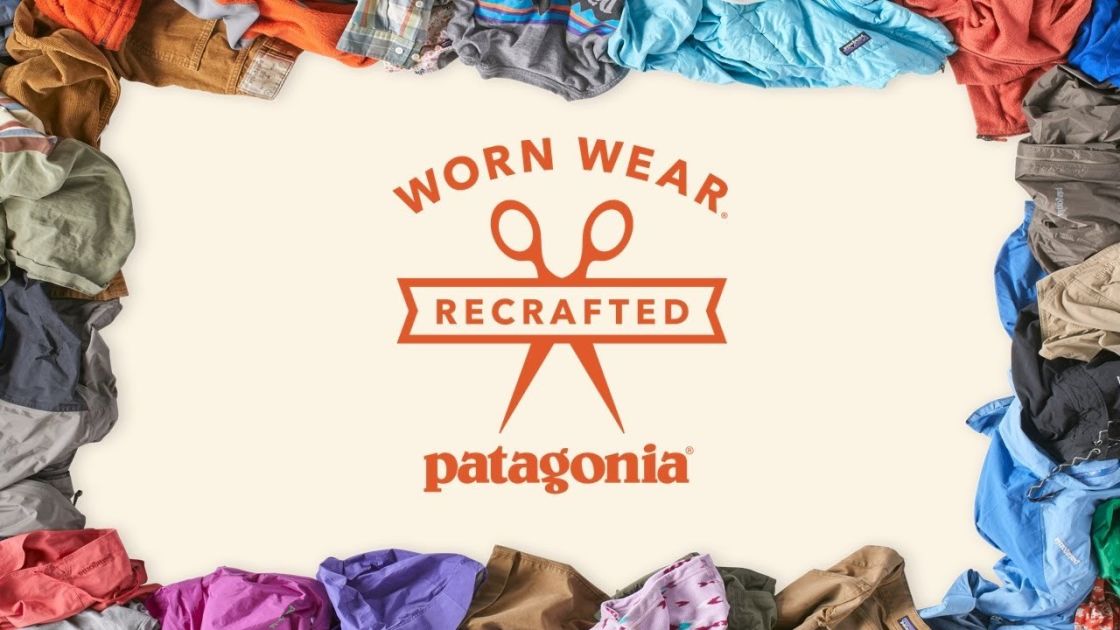Case Studies in Sustainable Fashion: Inspiring Brands That Changed Consumer Perceptions
Meta Description: Explore how innovative brands in the sustainable fashion industry are changing consumer perceptions and promoting ethical practices. Learn from successful case studies, strategies, and real-world examples.
Sustainable fashion is more than a buzzword; it represents a fundamental shift in the way consumers think about clothing, production, and environmental impact. In this blog post, we delve into the inspiring case studies of brands that have not only embraced sustainable practices but have also effectively transformed consumer perceptions. By showcasing notable examples like Patagonia, Eileen Fisher, Allbirds, and Reformation, we aim to educate, inspire, and drive positive change within the fashion industry and among conscious consumers.
Understanding Sustainable Fashion
Sustainable fashion encompasses more than just eco-friendly materials; it includes a myriad of approaches focusing on ethical labor practices, waste reduction, resource conservation, and transparency in the supply chain. This holistic approach aims to create a fashion industry that respects the planet and its inhabitants while encouraging consumers to make mindful choices.
Case Studies of Notable Brands
Patagonia: A Leader in Environmental Activism
One of the pioneers in sustainable fashion, Patagonia, has long been recognized for its commitment to environmental activism. By incorporating recycled materials into its products and promoting long-lasting durability, Patagonia encourages consumers to buy less and, when possible, repair rather than replace.

- Iconic Initiatives: Their "Worn Wear" program exemplifies this philosophy, allowing customers to trade in their used Patagonia gear for store credit, fostering an economy of reuse.
- Success Stories: In 2020, Patagonia experienced a remarkable 37% growth in sales, demonstrating that a commitment to sustainability can lead to financial success while inspiring customer loyalty.
Eileen Fisher: Recycling Garments for a Circular Future
Eileen Fisher is another notable brand leading the charge in sustainable fashion. Their "Renew" initiative encourages customers to recycle their old garments in exchange for store credit, underscoring the importance of a circular economy.

- Sustainable Practices: The brand prioritizes the use of organic and sustainable materials, and it emphasizes ethical labor practices throughout its supply chain.
- Recognition: Eileen Fisher’s dedication to sustainability has earned it multiple industry accolades, further solidifying its position as a responsible fashion leader.
Allbirds: Nature Meets Innovation
Allbirds has earned a strong following thanks to its use of innovative, sustainable materials such as merino wool and eucalyptus tree fiber. The brand is committed to carbon neutrality and has made significant strides in sustainable production practices.
- Consumer Connection: Their high Net Promoter Score (NPS) of 78 reflects strong consumer loyalty and an increasing demand for sustainable footwear options.
- Brand Growth: By blending style, comfort, and sustainability, Allbirds attracts conscious consumers seeking eco-friendly choices.
Reformation: Transparency in Fashion
Reformation stands out in the sustainable fashion space with its commitment to transparency regarding its environmental impact. Each garment comes with a detailed breakdown of its carbon footprint, water usage, and social impact, allowing consumers to make informed choices.
- Rapid Success: The brand's approach has resonated with consumers, leading to over $100 million in revenue by 2020.
- Advocacy for Eco-Friendly Fabrics: Reformation focuses on using eco-friendly materials and working towards achieving 100% sustainability in its practices.
Insights from Statistics and Data
The rise of sustainable fashion is not a mere trend; it's a burgeoning market supported by data. According to Grand View Research, the sustainable fashion market is expected to grow from $6.35 billion in 2020 to $8.25 billion by 2023. Additionally, a Nielsen Global Corporate Sustainability Report reveals that 66% of global consumers are willing to pay more for sustainable brands, demonstrating a clear consumer shift towards ethical choices.
Impact on the Environment
Sustainable fashion practices offer tangible benefits for the planet. For example, sustainable cotton farming uses 90% less water than traditional methods, leading to significant resource conservation. These environmental benefits should be highlighted as pivotal reasons for embracing sustainable fashion.
Best Practices and Strategies for Sustainable Brands
By examining these case studies, several best practices emerge:
- Circular Fashion: Many successful brands utilize circular fashion models that prioritize leasing, recycling, and waste reduction.
- Supply Chain Transparency: Brands that prioritize transparency in sourcing materials and manufacturing processes can build trust with consumers.
- Collaborations for Impact: Engagement with coalitions such as the Fashion Pact and the Sustainable Apparel Coalition can amplify efforts towards systemic change in the industry.
Challenges on the Path to Sustainability
While these brands exemplify successful strategies, it’s crucial to acknowledge the challenges they face. Many sustainable practices often come with higher costs, technological barriers, or lack of consumer awareness. However, overcoming these challenges is part of the journey towards a more ethical and sustainable fashion industry.
Testimonials and Real Stories
Real stories from consumers who have embraced sustainable brands can powerfully illustrate the impact of conscious choices. Many individuals report feeling empowered and fulfilled when supporting brands that prioritize ethical practices, reinforcing the emotional connection between consumers and sustainable fashion.
Looking Ahead: The Future of Sustainable Fashion
As trends and innovations evolve, the future of sustainable fashion appears promising. Advancements in biodegradable materials, technology-driven waste reduction, and increasing regulatory pressures will continue to shape the industry. Brands eager to maintain relevance must adapt to these changes or risk falling behind.
Conclusion: Join the Movement
In summary, sustainable fashion is an evolving landscape that mirrors broader societal changes. By showcasing the inspiring stories of brands like Patagonia, Eileen Fisher, Allbirds, and Reformation, we can illuminate the path towards a more responsible and ethical fashion industry.
Are you a conscious consumer looking to make a difference? Reflect on your fashion choices and support sustainable brands. Engage with your community on sustainable practices, and contribute to the growing movement towards ethical consumerism. For more insights and tips on navigating the sustainable fashion landscape, be sure to explore our related content and stay updated with the latest trends transforming the industry!

